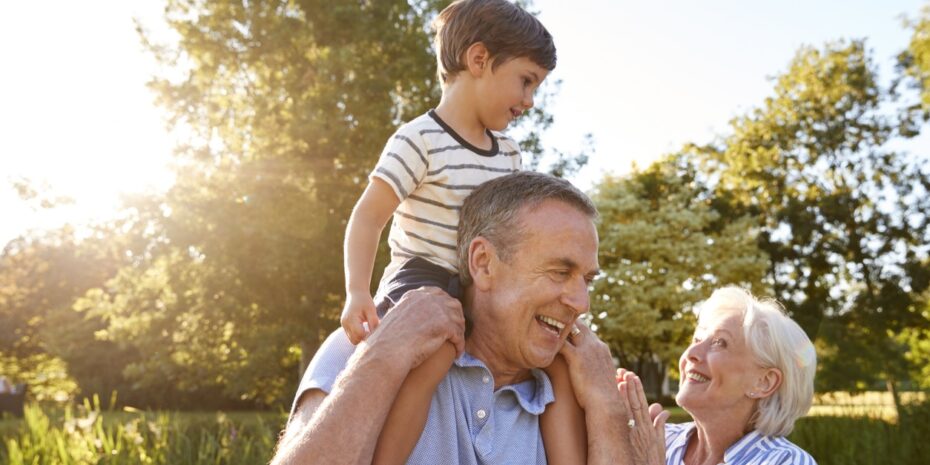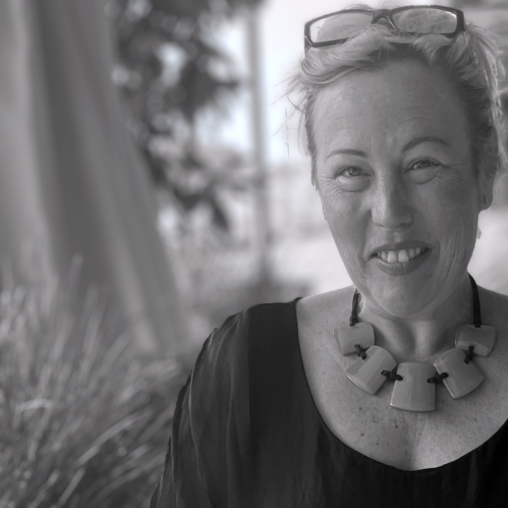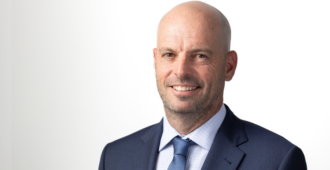
A groundbreaking research project that will investigate the link between head injuries and neurological health is being supported by the 45 and Up Study.
The Australian Sports Brain Bank (ASBB), an international collaboration aiming to understand chronic traumatic encephalopathy and other brain disorders linked with repetitive head injuries, have partnered with the Study to produce the Australia-first data.
The 45 and Up Study has followed more than 250,000 Australians since 2005 and is one of the largest longitudinal studies on healthy ageing in the world.

ASBB Chief Scientist, Associate Professor Catherine Suter, says that the size and age of the 45 and Up Study cohort is perfectly suited to their research aims.
“It will be incredibly valuable to work with a population-based study where all participants are now over the age of 60. There’s often a latency between sustaining head injuries and experiencing neurological symptoms – it can be decades before symptoms appear.”
Chronic traumatic encephalopathy (CTE) has been in the headlines in the past few years as experts and sporting codes debate the link between the disease and repetitive head injuries, and if there should be age restrictions for contact sports.
ASBB’s research with the 45 and Up Study isn’t focused on CTE, as the disease can only be diagnosed after death. Investigating the link between head injuries and general neurological health in a large cohort is an important piece of the research puzzle though, says Assoc Prof Suter.
“We want to create an evidence base that could be used to guide policy around risk mitigation,” she says. “We can’t do a randomised controlled trial because that’s not ethical, but we can gather robust data from a population-based study.”
New survey questions on concussion and sport playing
The 45 and Up Study has worked closely with ASBB to develop new survey questions that appear in the Wave 4 survey. The survey launched in 2023 and will run for several years as all active Study participants are contacted.
The Wave 4 survey will hopefully shed light on a person’s history of concussion or head injuries and if those are linked with poorer neurological health, says data scientist Dr Jennifer Cropley, who is leading the research project at ASBB.

“45 and Up Study surveys tell us so much about how mentally and cognitively healthy a person is, with questions like: how independent do you feel? Are you confident doing things by yourself? Do you feel sad, lonely or anxious?” Dr Cropley says.
“From a statistical point of view, we can cross-reference those questions with our new ones on head injuries. Then, we can estimate a score for cognitive and mental health for different groups reporting head injuries.”
The surveys are also asking about sports participation in general. “There may be people who have never reported a concussion but may have played rugby league socially for 20 years,” Dr Cropley explains. “We want to know about their neurological health too, because perhaps it’s not just concussion or severe knocks to the head that have an impact.”
The ASBB are interested in non-sports related concussions as well, Dr Cropley notes. “In the general population, people get concussions for lots of reasons – it might be from sport, or from active military service, a car accident or exposure to violence, and it’s important to have this recorded in the data,” she says.
Dr Cropley says she feels incredibly lucky to work with the 45 and Up Study. “It’s a privilege to be able to work with data that so many people have already spent decades generating. We feel like we are standing on the shoulders of giants.”





